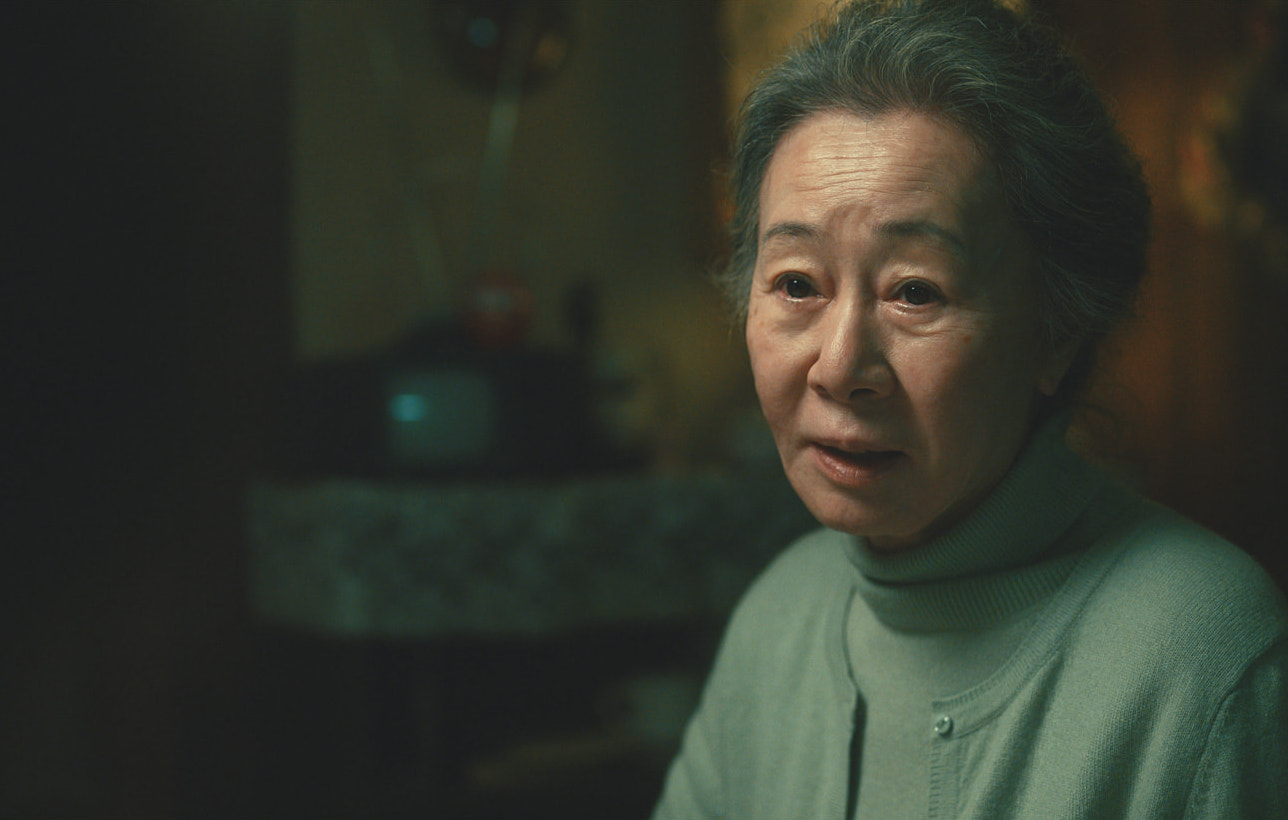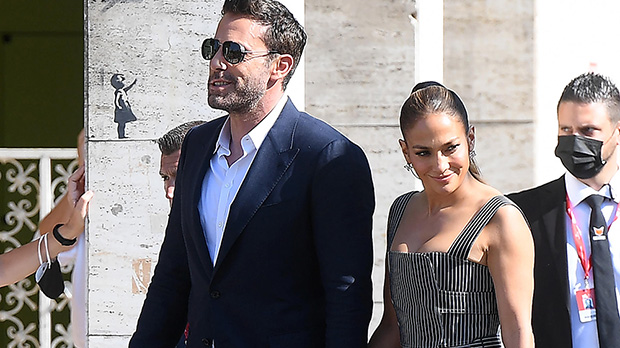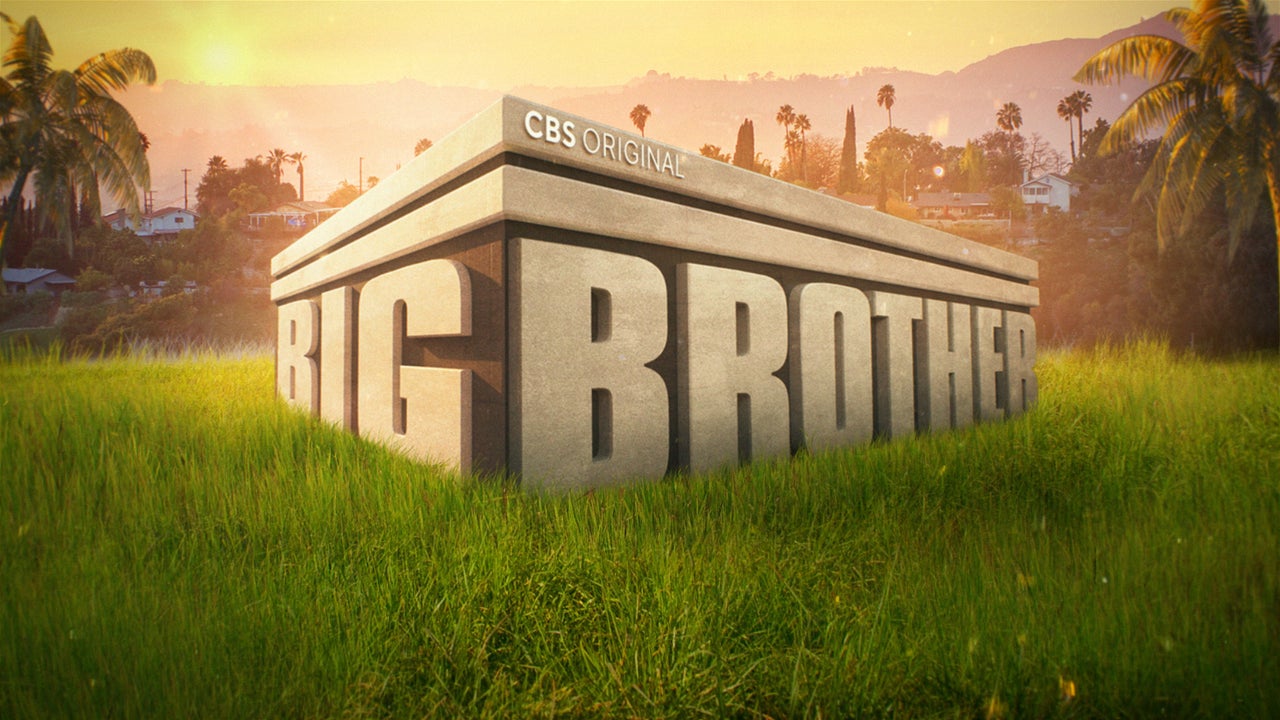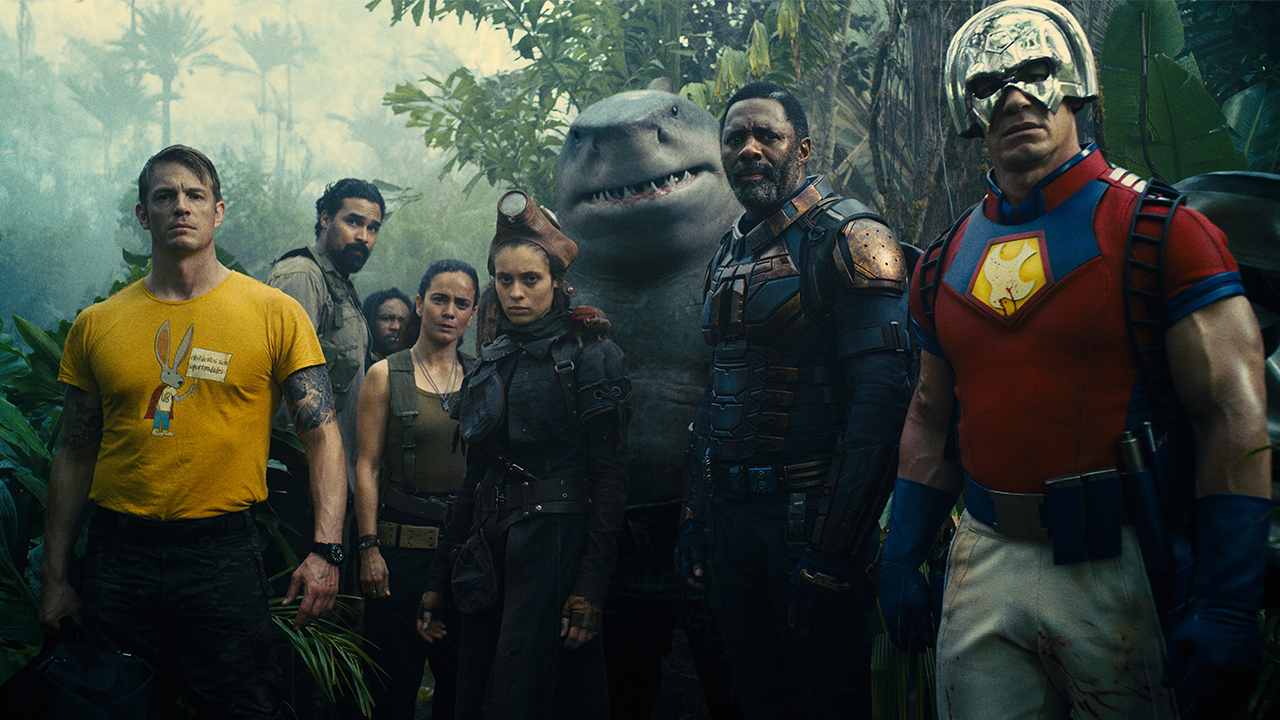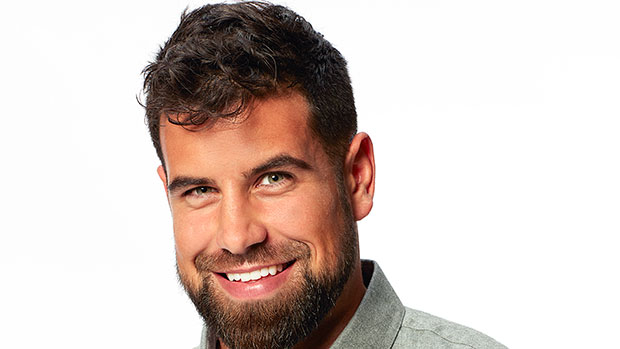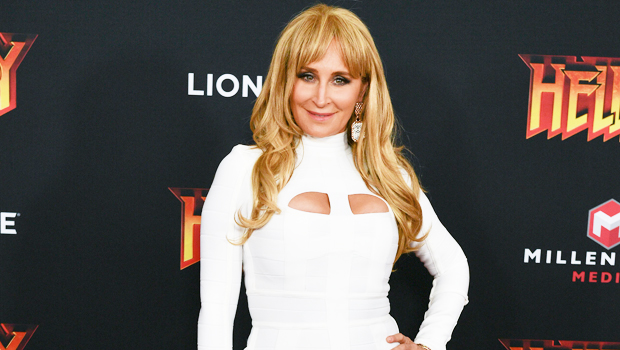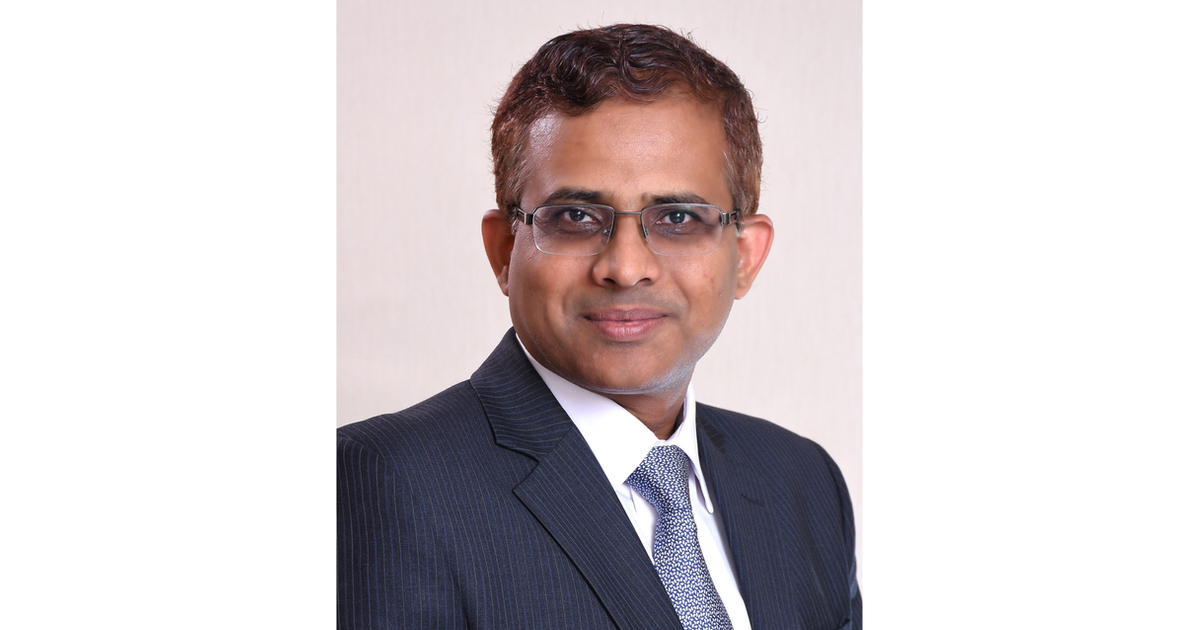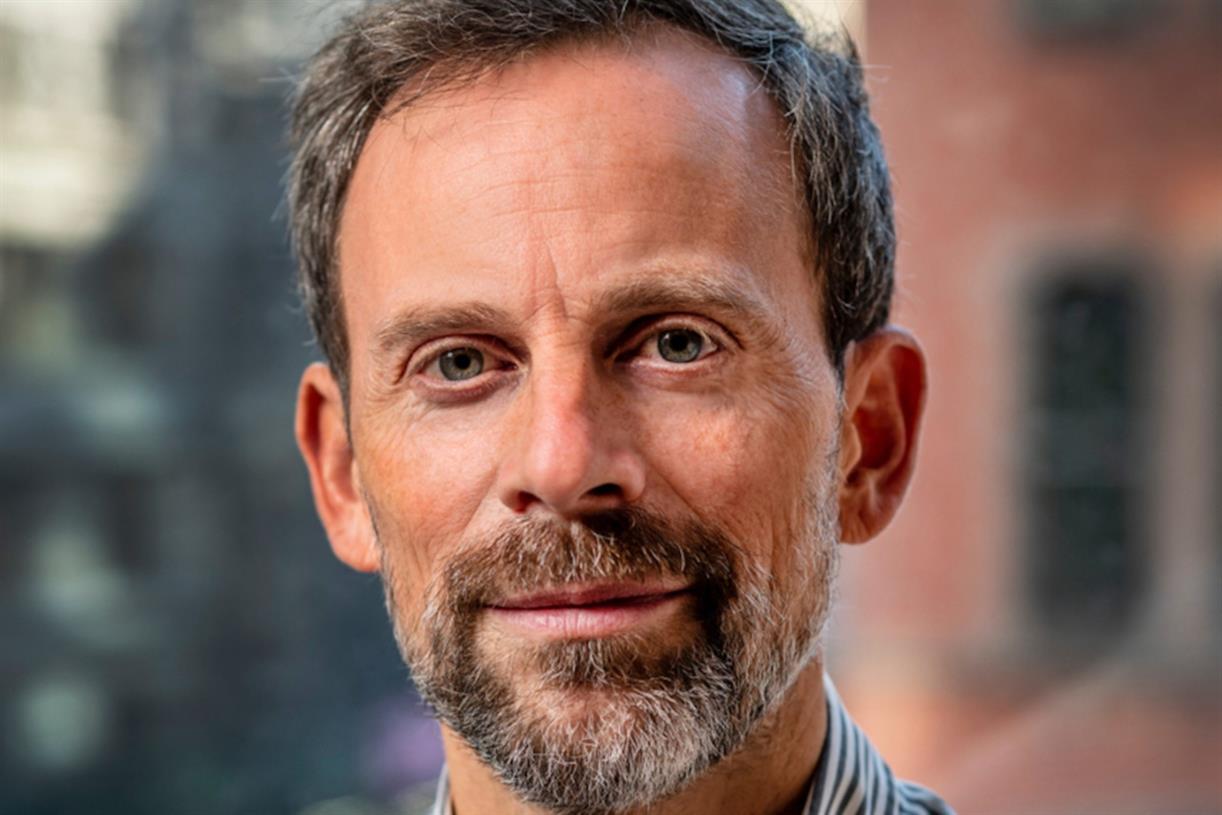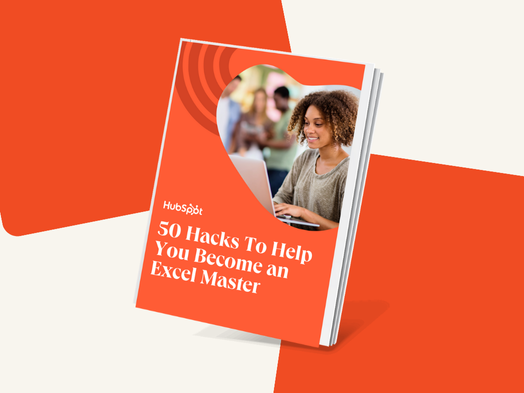Hot Docs 2021 Women Directors: Meet Ann Shin – “A.rtificial I.mmortality”
Ann Shin is an award-winning writer and filmmaker. Her debut novel, “The Last Exiles,” was published earlier this year by Harper Collins. The book is partly based on her experience filming undercover for her documentary “The Defector: Escape from North...
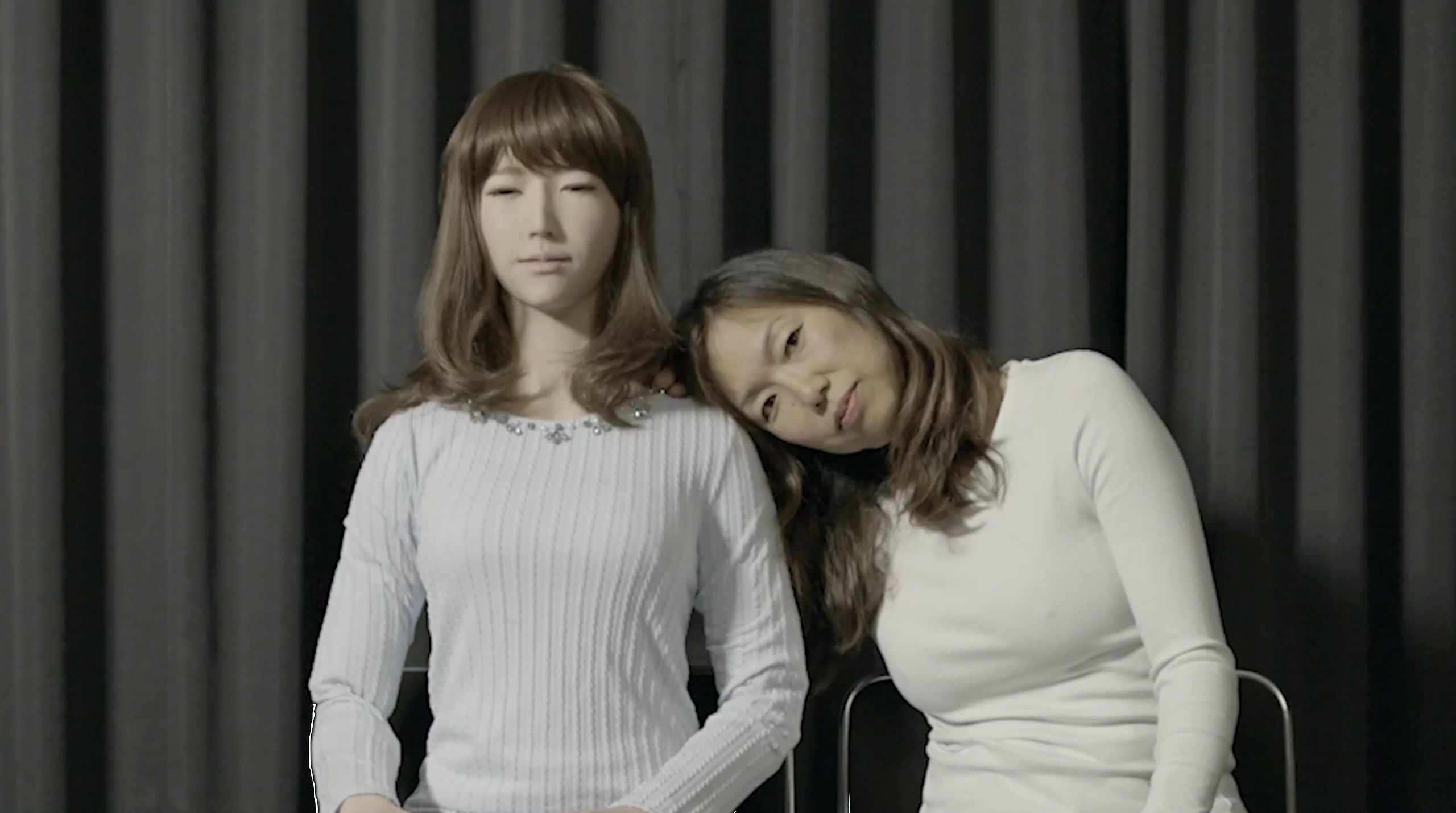
Ann Shin is an award-winning writer and filmmaker. Her debut novel, “The Last Exiles,” was published earlier this year by Harper Collins. The book is partly based on her experience filming undercover for her documentary “The Defector: Escape from North Korea,” in which she follows several women escaping from North Korea.
“A.rtificial I.mmortality” is screening at the 2021 Hot Docs Canadian International Documentary Film Festival, which takes place April 29-May 9. The fest is digital this year due to COVID-19. Streaming is geo-blocked to Canada.
W&H: Describe the film for us in your own words.
AS: I set out on a journey exploring the latest A.I. and biotech with visionaries who foresee a “post-biological” world, where humans and A.I. merge. If you could create an immortal version of yourself, would you? Until recently, that was the stuff of science fiction, but now it’s science fact. I go down the rabbit-hole and meet my own A.I. clone, and talk to people like Nick Bostrom, author of “Superintelligence”; Japanese roboticist Hiroshi Ishiguro; Douglas Rushkoff, author of “Team Human”; Ben Goertzel, founder of Singularity.net; and Deepak Chopra, who created his own A.I. mind twin.
Is A.I. going to be the best or the last thing we’ll ever do?
W&H: What drew you to this story?
AS: A few years ago, I realized my father was losing his memory. It wasn’t just names and people. He forgot my mother entirely — the woman he shared his life with for more than 50 years. I started wondering what it is that makes you you. And is there a way to retain your sense of self even as you lose your faculties?
I talked with A.I. scientists and transhumanists who believe humans are replicable. Our memories, our personality, even our intuition can be replicated — and what’s more, we can replicate human organs. We can clone so much of ourselves. It’s terrifying. I had to find out more.
W&H: What do you want people to think about after they watch the film?
AS: I hope they enjoy the journey that the film undertakes, and come away with a deeper appreciation of being human. I hope they also understand the issues around A.I. and see that we can have an impact on how governments and corporations develop A.I. I feel strongly about our responsibility to support more sustainable and decentralized approaches to A.I.
W&H: What was the biggest challenge in making the film?
AS: Making a documentary about a quickly moving technology is like trying to catch an arrow in flight. There was so much research I did as the film was in development. Even in production, the technology was changing. We knew this and planned for an overarching story and cinematic approach that would stand the test of time.
Still, we had to pivot the story a couple times as production unfolded. That’s one of the things I love about making documentaries — you’re making a film about a living, changing thing, and you have to move with it. You’re in a dance with reality, riding the crest of a wave, and you have to be alive and responsive to what’s happening around you.
W&H: How did you get your film funded? Share some insights into how you got the film made.
AS: I pitched it to a number of platforms and was grateful to have it commissioned by Crave (Bell Media). Once we got the greenlight from Crave, we were able to pursue other funds like the Rogers Documentary Fund and the Canada Media Fund to finalize financing. Crave is a wonderful partner to work with. They gave me complete license to pursue my vision, and also pushed to make this the best film it could be.
W&H: What inspired you to become a filmmaker?
AS: I grew up in a family of storytellers, and I’ve loved films and novels since I started reading chapter books. In high school, I’d go to arthouse film theatres by myself and watch films by Tarkovsky, Kurosawa, Truffaut, Godard — all the greats.
When a story takes hold of me, it just pours through me. Many creatives have said what I’m about to say, but I really feel I’m just a vessel or a medium channeling the story. I’m a river carrying the story from one place to other places, and when I’m writing or directing, I’m in the flow. That’s when I’m at one with the world.
W&H: What’s the best and worst advice you’ve received?
AS: I suppose perhaps one piece of advice which answers both of these questions is: “Go with your gut.” It’s the worst piece of advice because that statement on its own isn’t very helpful, but if you know yourself — if you’re hard and honest with yourself — and you listen to your gut, you’ll go far with whatever it is you want to do. If you have a gut feeling about a story you want to tell, a scene you might want to shoot differently, put your head in check, put others’ voices in check, and listen to your gut.
W&H: What advice do you have for other women directors?
AS: Remember that your weakness is also possibly your superpower. That thing that you’re most embarrassed about, or shy about sharing, that could be your singular advantage over all others. Take courage and run with it. Fly your flag proud!
W&H: Name your favorite woman-directed film and why.
AS: Oh wow, so many to mention, including the interesting work being done by Chloé Zhao (“Nomadland”) and Emerald Fennell (“Promising Young Woman”). I think one of my all-time favorites is Kathryn Bigelow’s “The Hurt Locker.” I was impressed with how she took us inside the characters’ heads. It was a gripping, uncompromising look into soldiers’ lives in Iraq, and yet the story was beautifully told. I still remember entire scenes from this film. Also, I filmed in Iraq for my documentary “My Enemy, My Brother,” so I have a soft spot for stories about Iraq.
W&H: How are you adjusting to life during the COVID-19 pandemic? Are you keeping creative, and if so, how?
AS: Yes. Thankfully, this film was close to the end of production when COVID hit. For the edit we video-conferenced as we each worked from home. I’ve done so much Zooming my eyes are bleeding.
I’ve also been writing! I finally finished a novel I worked on for eight years and it was published last month by Harper Collins. “The Last Exiles” takes you inside the secretive walls of North Korea and into the Chinese underground. It’s a novel about the epic journey that a young North Korean couple undertakes as they seek their freedom.
W&H: The film industry has a long history of underrepresenting people of color onscreen and behind the scenes and reinforcing — and creating — negative stereotypes. What actions do you think need to be taken to make Hollywood and/or the doc world more inclusive?
AS: I think we’re starting to see some positive developments as we see more filmmakers and actors of color coming to the fore. It’s gratifying to see directors like Regina King, Lee Isaac Chang, Shaka King, and others getting noticed.
I would hope for more inspired decisions by studios and platforms to greenlight unique stories by underrepresented people. We’re hungry to hear original stories, and ours are some of the most powerful, surprising, and universally relevant stories being told today. Let’s give these stories screen time!

 Koichiko
Koichiko 







